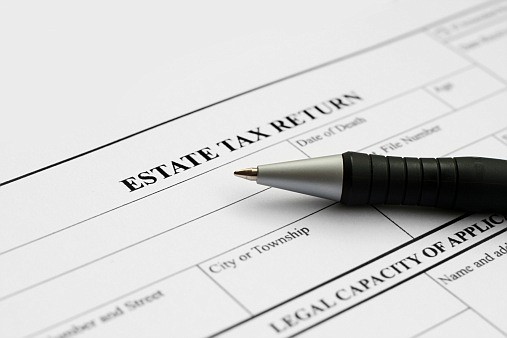It seems the estate tax will return with a vengeance in 2013
February 4, 2013 at 9:31 a.m.
The death tax is viewed by many Americans as the most pernicious, noxious and insidious tax contained in the entire US tax code. Most agree that death should not be a taxable event and that the deceased should have sole authority over the disposition of their estate -- giving it to loved ones, friends, charities or any other entities they choose. After all, the deceased paid income taxes, property taxes and many other obligations to the Federal government throughout their lives. Taxing the accumulated wealth one has earned and being forced to hand it over the the government at the time of death seems, to many, immoral.
Proponents of the tax argue that it produces billions of dollars in Federal revenue and reduces "wealth inequity." In contrast, the U.S. Senate Joint Economic Committee reported in July that "Since its inception nearly 100 years ago [in 1916], the estate tax has raised just under $1.3 trillion in total revenue," which amounts to an average around $13 million per year -- just slightly more than enough to fund the government's spending for one single day.
You may recall that the death tax was repealed for the year 2010, but only for people who died that year. In 2011 it was renewed at the rate of 35 percent for estates of $5 million or, for married couples, $10 million. The law known as "The Economic Growth and Tax Relief Reconciliation Act of 2001 (EGTRRA)," adjusted the tax rate from 60 percent in 2001 to 45 percent in 2009 and abolished the estate tax altogether in 2010. However unless Congress acts very soon, the tax rate will increase on January 1, 2013 to a full 60 percent for estates valued at just $1 million or more. As well, exemptions, generation-skipping rules, family-owned business and estate tax deductions will revert to the pre-EGTRRA rates of 2001. In addition, the many non-deductible items such as home insurance coverage and amounts you pay to reduce the principal amount on your home may soon join a whole host of non-deductible estate tax expenses, making the death tax once again a real burden on survivors.
Content Provided by Spot55.com





